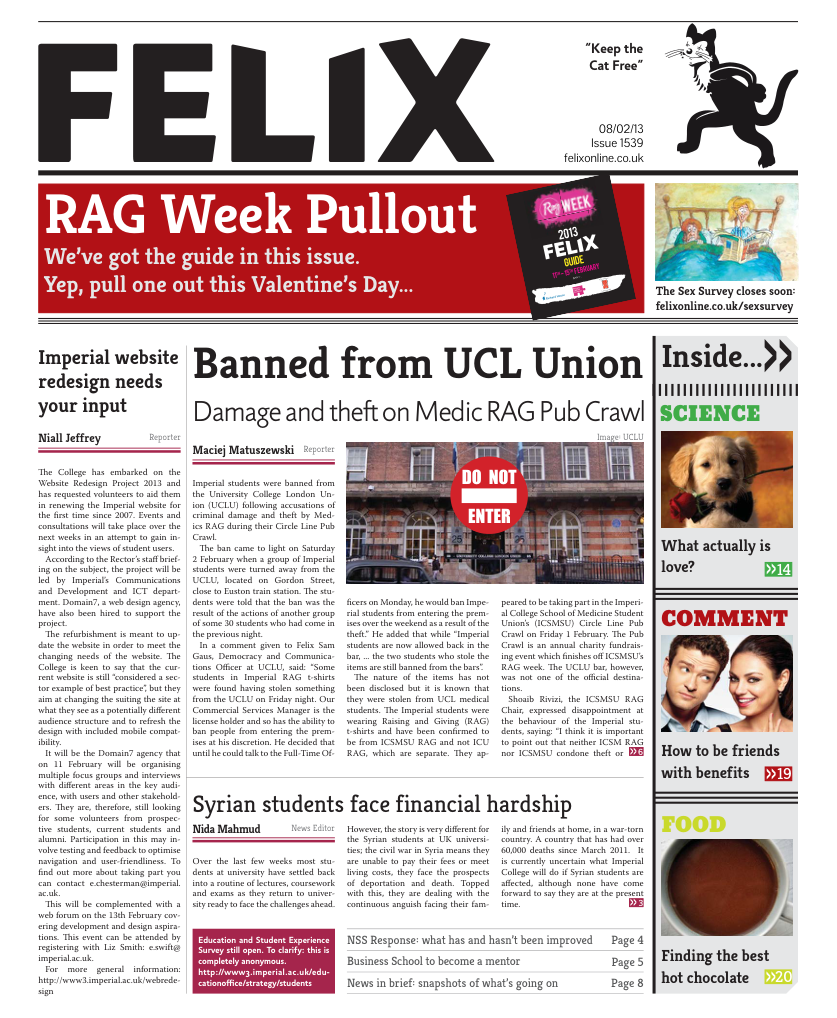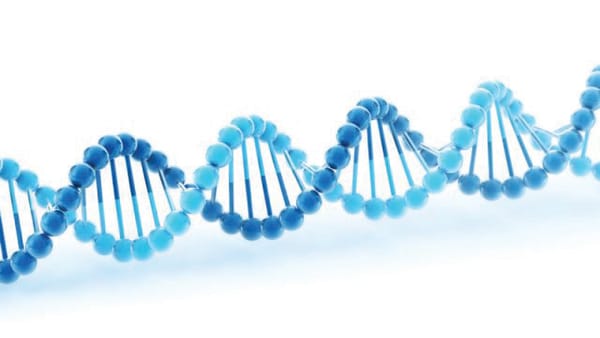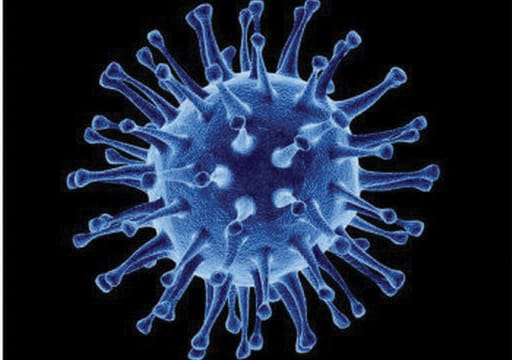Stem cells aid recovery from stroke
Sarah Byrne investigates a new, fat-derived stem cell therapy

he effects of a stroke can be devastating, with the initial loss of blood supply to part of the brain setting in motion a series of biochemical events called the ‘ischaemic cascade’. This causes cumulative damage to brain cells and blood vessels during the first few hours after the stroke, often resulting in severe and irreversible brain injury.
However research has shown that prompt treatment with stem cells may be able to interrupt this cascade, limiting the damage caused to the brain and improving the prospects of the patient making a good recovery.
Most of us think of stemcells as originating from the bone marrow, and this has traditionally been used as the main source of adult stem cells for research and therapeutic purposes. But there is another source of these so-called mesenchymal stem cells: adipose tissue, better known as body fat. In fact this is a very rich source of stem cells, yielding up to 500-1000 times more than can be derived from bone marrow. It is also easier and less invasive to collect cells from adipose tissue compared to extracting bone marrow from a donor.
Researchers at Neuroscience La Paz University Hospital in Madrid recently studied and compared the effects of both bone marrow and adipose-derived stem cells for the first time, with results published last week in the journal Stem Cell Research & Therapy.
The study looked at the effects of the stem cells when injected into rats, in which the effects of a stroke had been induced by creating a blockage in their cerebral artery. The therapy was given 30 minutes after the ‘stroke’; and physical abilities, brain function and cell death were measured over 14 days subsequently.
In both cases, the rats receiving the stem cell infusions showed significantly improved function after 24 hours, with an improved recovery also observed after the full 14 days, compared to the control group. Changes in levels of ‘brain repair markers’ were also observed, indicating that the stem cells were releasing growth factors and other substances in response to the stroke-induced damage, helping the damaged brain cells to repair and replace themselves.
The effectiveness of stem cells in aiding recovery had been shown before, and this study added to the weight of evidence for them. However, most importantly, it showed that there was no significant difference in the effectiveness of adipose-derived stem cells compared to those taken from bone marrow. This points to adipose tissue as a potential source of plentiful, easy-to-obtain stem cells that could eventually be used for treatment of stroke in human patients. The success of the intravenous injection route of administration was also a positive note, as this is easier and less invasive than injecting directly into the artery or brain.
Further studies will be needed, the researchers note, to establish safe and effective dosages in humans and to test for potential side effects. However this is a positive result for the prospects of new treatments for stroke, and advances our understanding of just how stem cells have their remarkable healing effects on our bodies.
DOI: 10.1186/scrt159









